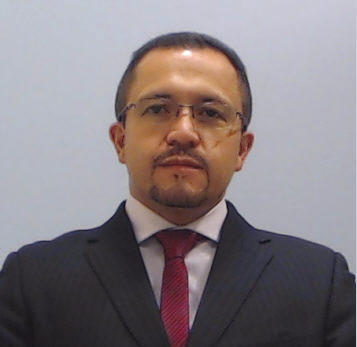PAHO/WHO Collaborating Centre Spotlight Series
Reference Number: USA-333
Official Title: PAHO/WHO CC for WHO CC for Emergency Preparedness and Disaster Response
Institution: Yale New Haven Center for Emergency Preparedness and Disaster Response, Yale New Haven Health
Reference Number: USA-436
Official Title: PAHO/WHO CC on Research and Development of Surgical Care Systems Policy
Institution: Program in Global Surgery and Social Change, Harvard Medical School, Harvard University
Reference Number: USA-162
Official Title: PAHO/WHO CC for Radiation Emergency Assistance
Institution: Radiation Emergency Assistance Center/Training Site (REAC/TS), Oak Ridge Institute for Science & Education (ORISE)
Reference Number: CAN-104*
Official Title: PAHO/WHO CC for the Prevention and Control of Chronic Kidney Disease
Institution: Libin Cardiovascular Institute of Alberta, University of Calgary
Reference Number: CAN-91*
Official Title: PAHO/WHO CC for Studying Peri-operative Surgical Care
Institution: Department of Anesthesia & Perioperative Medicine, Medical Evidence-Decision Integrity-Clinical Impact (MEDICI) Centre, University of Western Ontario
Reference Number: USA-437*
Official Title: PAHO/WHO CC for Research and Policy Guidance in Humanitarian Health Assistance
Institution: Center for Humanitarian Health, Department of International Health, Bloomberg School of Public Health, Johns Hopkins University
Category 5 (SP 14-19)
Outcome 23, 25 (SP 20-25)
Dr. Ciro Ugarte, Director, Health Emergencies, and Dr. Alex Camacho, Emergency Preparedness and Disaster Risk Reduction, are the PAHO staff members who supports the WHO focal point to coordinate the collaboration between the institution and the Organization.
The main activities of these Centres include: (1) providing training on incident management systems and hospital preparedness; (2) providing strategies for responses to radiological emergencies; and (3) providing technical expertise.
The Centre at the Yale New Haven Center has developed trainings for PAHO staff and national counterparts in Panama called the Incident Management System (IMS) Education and Training Workshop (E&TW). The 4-hour instructor-led interactive workshop in Spanish and English, integrates concepts from the U.S Federal Emergency Management Agency’s Incident Command System courses and the Sistema de Comando de Incidentes para Hospitales course developed by PAHO’s Health
Emergencies Department. In collaboration with PAHO, the Centre has been identifying and engaging governmental agencies to develop and implement an education and training needs analysis (ETNA) for emergency planners and responders in PAHO Member States. The Centre has also supported PAHO with assessing radiological chemical situations by sending reviews of assessments and developing approaches for recruiting, training, and managing volunteer radiation professionals for use in radiation emergencies.
The Centres at the University of Calgary and Harvard University trains medical teams to create self-supported emeregency preparedness teams. The Centre at Harvard University also provides staff for a technical working group that aims to develop new standards and guidelines for emergency surgery in Member States.
The Centre at the Oak Ridge Institute for Science & Education has more direct contact with WHO, however they identify personnel from Member States that can be trained at PAHO and maintains contact during public health emergencies in the Region.
The Centre at Johns Hopkins University and PAHO collaborate to participate in a bi-annual training with graduate students using problem-solving simulation exercises.
Currently, the Centre at the University of Western Ontario works mainly with WHO and there are no deliverables to report on within the Region.
Dr. Ugarte notes “It is important to have the Collaborating Centres as we do not always have the technical capacity here at PAHO to respond to particular requests from the Member States.”
Webnotes such as these serve to inform how Collaborating Centres are contributing to the Organization’s priorities and mandates.
*CC expired.



